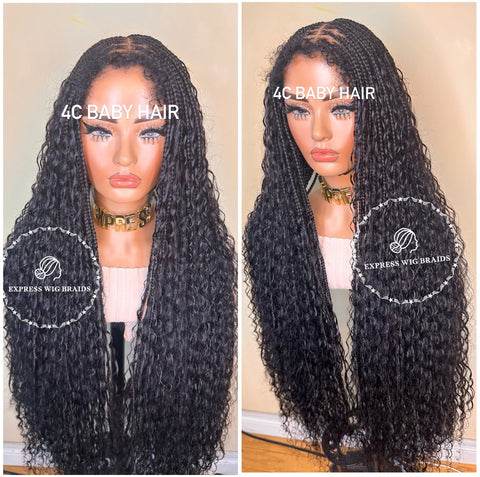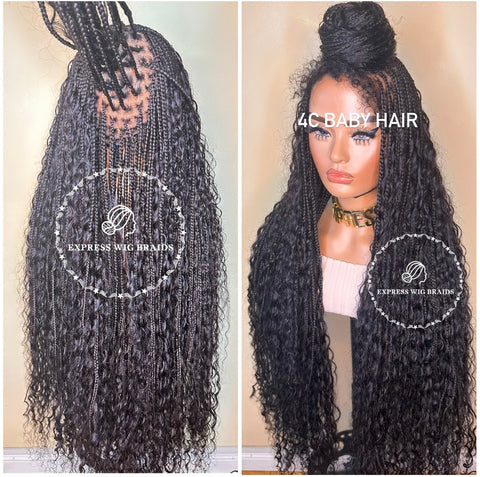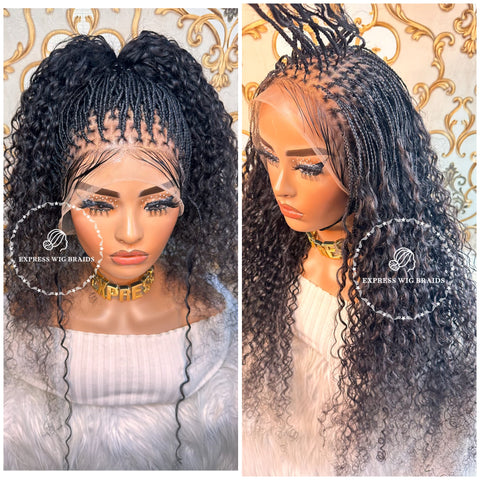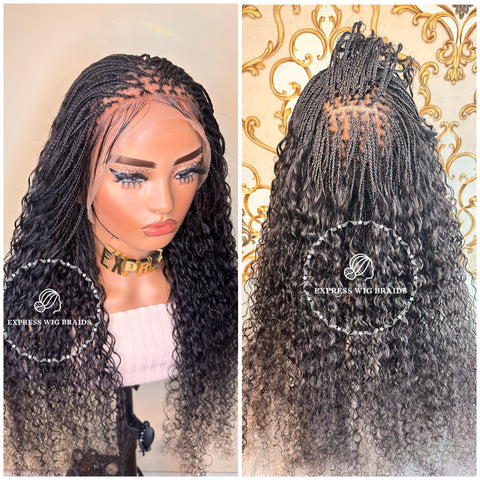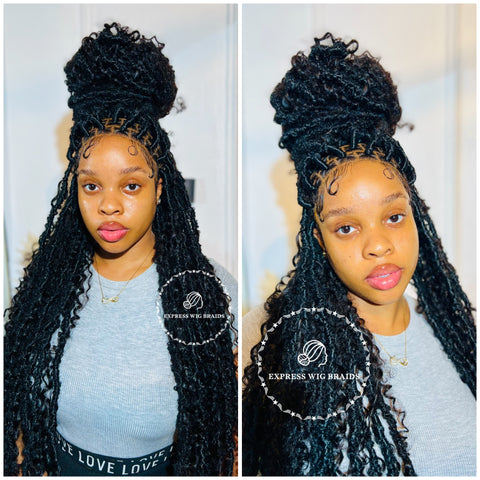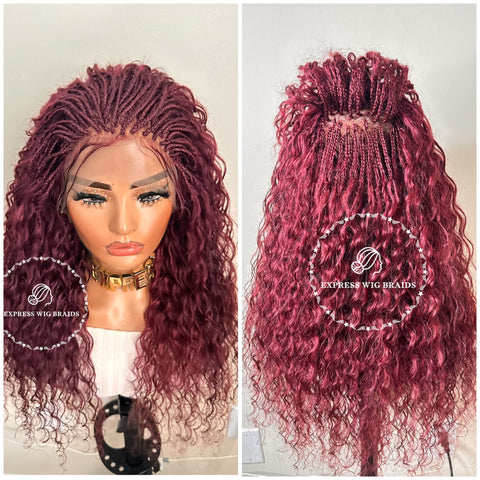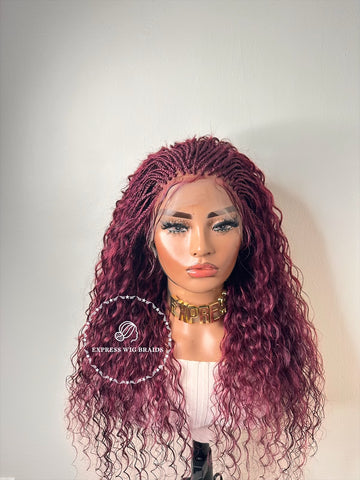Hair Growth Stages
There is more to the hair you have than just what you see. The basic components that causes hair growth inside the human scalp is complicated and more advanced than just each strand you see.
Each strand of hair grows from a hair follicle. The hair follicle is composed of two structures; the part which resides inside the skin scalp and the shaft, which grows out of the scalp and each hair follicle has its own life cycle. This means that each strand of hair grows independently of the surrounding strands. If all of the hair follicles were synchronous, the hair would all grow at the same time. This would mean that there would be periods during which we would all be bald and other moments when we would have a full hair!
The hair growth process occurs in a cycle, with hair follicles going through four different stages as they grow, regress, rest and shed over the course of several years.
Understanding hair growth is an important part of learning more about why your hair thins and falls out. It’s also useful knowledge for regrowing your hair and helping you maintain as much hair as possible over time.
The Four Stages of Hair Growth
The hair growth process has four different stages:
The anagen, or growing phase: this phase is where it all starts. The hair grows from the root about 1 cm every 28 days during which your hair grows. Normal scalp hair follicles in this anagen stage lasts approximately three to six years, whereas hair on the eyebrows, eyelashes, arms and legs have very short active phase of growth that last about 30-70 days in the anagen phase, which explains why they are much shorter than the hair on the scalp of the head.
Although, some people might have difficulty growing their hair beyond a certain length because they have short active phase of growth, which could be due to a natural cause, stress or lack of proper nutrients for the body. On the other hand, people with very long hair have a long active phase of growth.
Anagen hairs also vary in size, from long, thick terminal hairs to short, light-colored vellus hairs.
The catagen, or regression phase: this is the regression phase. Over the course of one to two weeks, the hair growth rate slows down and the hair follicle shrinks and attaches to the root of the hair. The catagen phase lasts two to three weeks and about 3-4% of all hair passes through this phase at any time. Also known as a club hair.
The telogen, or resting phase: during which new hair begins to grow under the older, detached hairs. Once the new hair has grown, the old hair enters the exogen phase. During this phase, the old hair completely detaches from the scalp and falls out, usually while you’re using a comb, brush or washing your hair in the shower. This stage lasts roughly two to three months. After a few months, hair stops growing and detaches from the hair follicle. New hair starts to grow and pushes the old, dead hair out.
It’s normal for about 10-20% of your hairs to go into this phase and fall out on a daily basis, meaning there’s no need to panic if you notice a few hairs on your comb or brush after styling your hair.
As the new hair grows (return to anagen stage), it replaces the old hair and completes the hair growth cycle, giving you replacement hairs for all of the hairs lost during the catagen, telogen and exogen phases of the growth process.
The exogen, or shedding phase: return to anagen stage during which the older hair falls out from your scalp and is replaced by the new hair but stress can cause a noticeable amount of hair loss.
Each of these stages lasts for a different amount of time, meaning your hair can grow for years before it returns to the anagen stage or enters into the catagen, telogen and exogen phases.
It is very important to understand the Hair Growth Stages as this would help you understand how your body activities affects your hair growth positively or negatively. Since the hair is a part of the body system, the hair growth process can be interrupted and affected by both internal and external factors which are illness, not having enough amount of rest, malnutrition, braiding your hair too tightly and aging.
Just imagine lack of the right vitamins and protein can cause the hair to enter the telogen phase prematurely without allowing it grow normally. Also, the shedding process takes several months which is the telogen phase, so changes in your diet or level of stress could result in hair loss that doesn’t happen until months later when your hair enters into the exogen phase. If you stop getting enough the right amount of body nutrients or not getting the appropriate amount of rest for the body, the effect could take months before the difference shows in your hair.
A lot of people are interested in learning about why their hair thins and falls outing, how to regrow their hair and how to maintain a healthy hair growth for already grown hair.
I would recommend:
- eating the right food and fruit that supplies the body with appropriate vitamins and proteins,
- not stressing yourself while taking a lot of rest,
- drinking at least two liters of water daily and
- not braiding your natural hair too tightly as this could forcefully pull out the shaft which could interrupt and affect the hair follicle growth.
If you always love to have tight braids on but can’t stand the pain or you rather want to give your hair a break from strain and too much tightness, you should get yourself braided wigs from Express Wig Braids serving you varieties of styles from cornrows wigs to dreadlocks wig for sale.
Read previous blog post;
Why braided wigs are called protective styles
How to wear glueless braided wigs | Lace hair wigs
About Box braids and braid wig
TERMS OF USE: "You agree that you will not modify, copy, reproduce, sell, or distribute any content in any manner or medium without permission”




